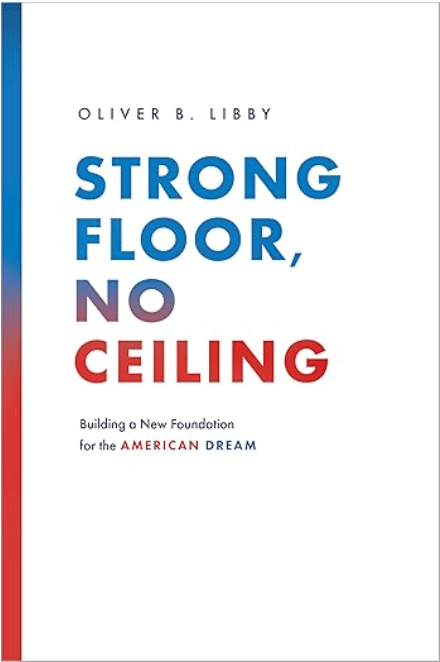- The Indispensable Newsletter by Gautam Mukunda
- Posts
- Shohei Ohtani and the Math of Immigrant Superstars
Shohei Ohtani and the Math of Immigrant Superstars
The Indispensable Newsletter #39
Dear Friends,
Once baseball fans are done processing what might well have been the greatest World Series ever played, many of their most lasting memories of the postseason are likely to involve Shohei Ohtani, baseball's most remarkable player. He's not just a near-superhuman athlete. He’s a case study in how immigration provides the superstars who power today's economy.
When the Los Angeles Dodgers signed Ohtani for $700 million, baseball analysts thought the number was "shocking." Two seasons later, the team has already earned it back in ticket sales, merchandise, and global sponsorships. Ohtani didn’t just justify his price — he proved how a single extraordinary person can reshape an entire organization’s economics.
That dynamic isn’t unique to baseball. Technology and globalization have magnified the value of outliers in every field. CEOs, scientists, and creators now reach exponentially larger audiences and control far greater leverage than ever before. The world has entered a superstar economy, and superstars are disproportionately immigrants.
Across industries, immigrants dominate the ranks of the exceptional.
Meta recently hired 11 top AI researchers - every one an immigrant.
Forty percent of U.S. Nobel laureates in science were born abroad.
The founders of SpaceX, Stripe, Instacart, and Databricks all immigrated to America.
Why? Because superstars are outliers - and to get outliers, you need variance. As the author Nassim Taleb described in Fooled by Randomness, individual outliers - be they people or events - can often drive the overall performance of complex organizations. The more diverse the inputs, the greater the odds of producing an extraordinary outlier.
Immigrants are that variance. They come with different assumptions, different training, and different ways of seeing problems. Ohtani himself is proof. No U.S. player would have been allowed to both pitch and hit professionally — a model the Japanese leagues were more willing to allow. That variance produced perhaps the greatest player in the history of baseball.
The same pattern drives AI breakthroughs, scientific discoveries, and billion-dollar companies. If America wants to lead the future of innovation, it doesn’t just need talent. It needs immigrant talent — the people who expand what’s possible by thinking differently.
Ohtani reminds us that the American advantage has never been its homogeneity, but its openness. Every generation of immigrants has given the U.S. its next great superstars. The question is whether the country will keep that door open wide enough for the next one to walk through. Read the column in Bloomberg to get the full story.
—Gautam
If you’ve enjoyed reading, please subscribe to The Indispensable Newsletter to have relevant content sent straight to your inbox twice a week!
Further Reading….
Politics seems to get worse every day, and it sometimes seems that our hopes for the government belong somewhere in the rubble of the East Wing. At this critical moment my friend Oliver Libby has written a extraordinarily important book: Strong Floor, No Ceiling. His book is a clarion call for political moderates, laying out an agenda for a new, and better, politics. You don't have to agree with all of Oliver's proposals. I don't! But that might even make it more important to read his book and engage with what a real, energized, political center might look like.
